Spy Who Came In From the Cold, The (1965)
“We have to live without sympathy, don’t we?”
|
Synopsis: |
|
Genres, Themes, Actors, and Directors:
Review: … and quickly shows us Burton’s descent into alcoholism, despair: … and eventually violence, though he finds some respite and solace from a preternaturally kind librarian’s aide who stands by his side through thick and thin. When Burton “defects”, he becomes friendly with a reasonably sympathetic interrogator (Oskar Werner), and cross-political allegiances become ever more entangled. Who, exactly, is working for who (and why)? While it’s clear that Mundt (a Nazi) is a “baddie”: … of course, it’s not quite that simple. To its credit, the film retains all the suspense of the book while both simplifying key plot points and visually opening up certain scenes. Oswald Morris’s atmospheric cinematography is top-rate, and the performances are fine across the board. This remains worth a look as a powerful realist antidote to escapist Bond fare of the time. Notable Performances, Qualities, and Moments: Must See? Categories
Links: |
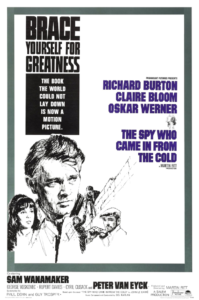
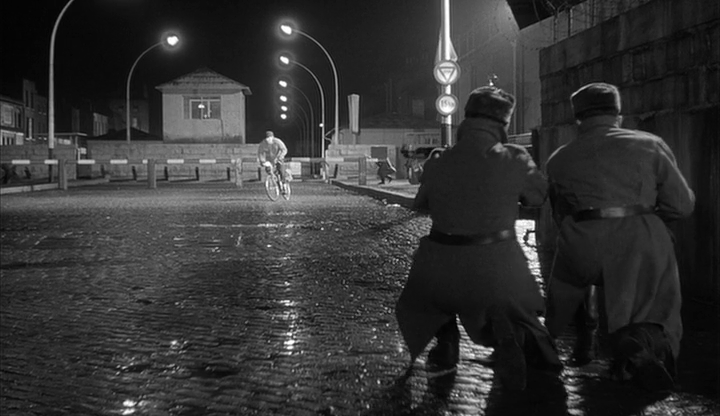
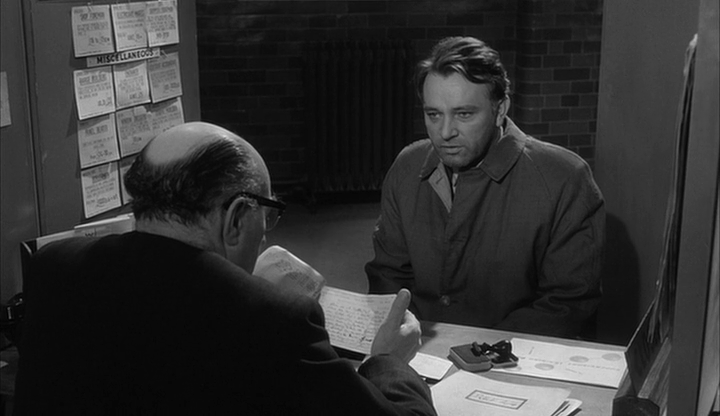
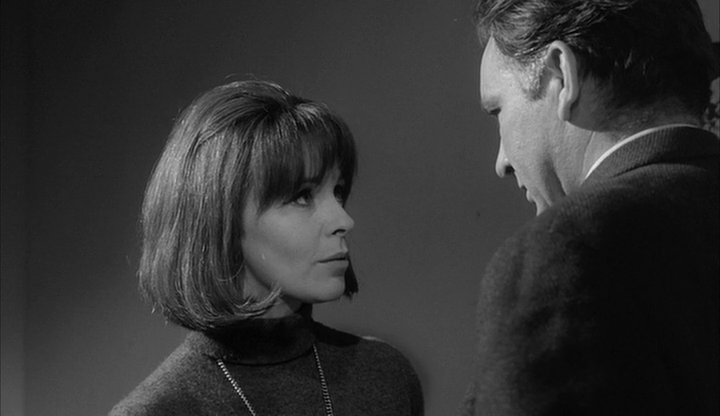
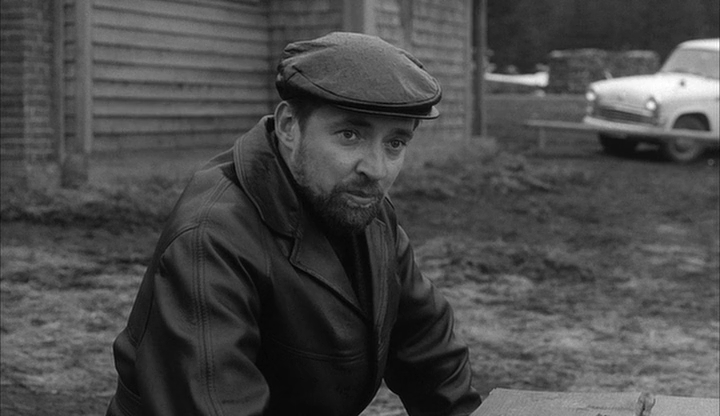
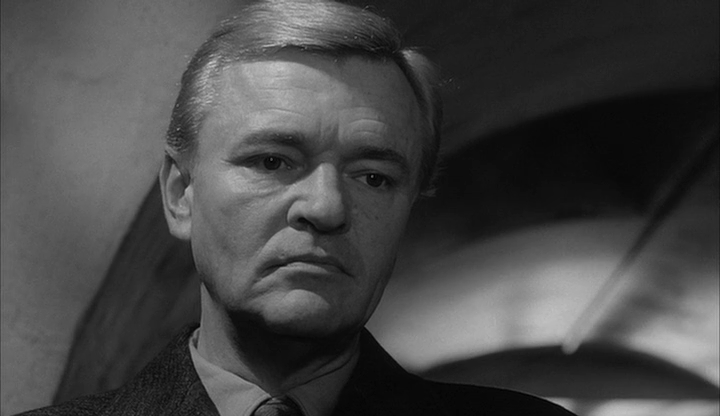
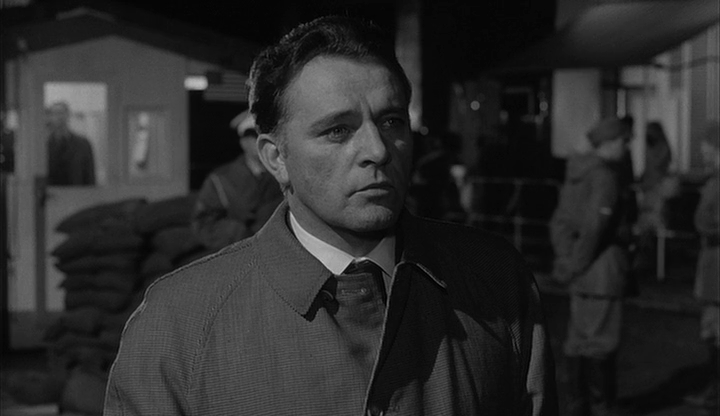
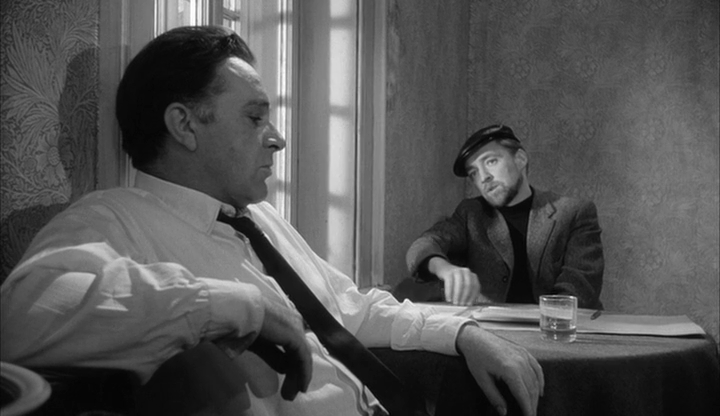
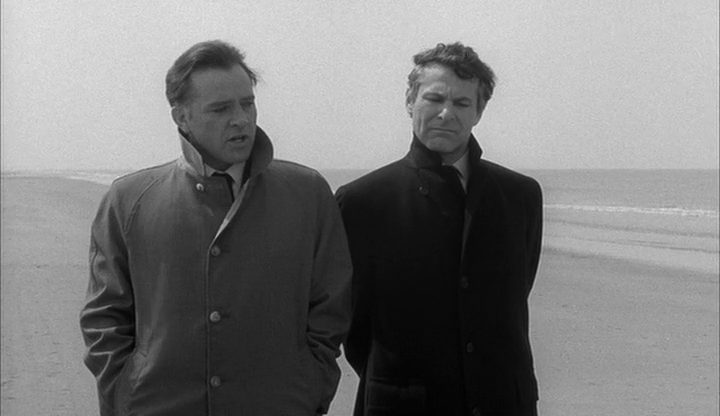
One thought on “Spy Who Came In From the Cold, The (1965)”
Must-see – and so sturdy that a revisit is not only satisfying but recommended. As posted (10/16/14) in ‘Film Junkie’ (fb):
“What the hell do you think spies are?”
‘The Spy Who Came in from the Cold’ (1965): This is one grim, grim flick. I see it every once in a while and it always boggles my mind how twisted it gets – though not in any kind of overt way. ~which is kind of the story’s point. It takes the view that life is always more cesspool than anything else, even if you cling to the side of ‘good’, and that everything is tainted somehow. This is dense stuff here. I always find I need to pay full attention, even though I’ve seen it a few times. (It’s of special interest to fans of ‘Tinker, Tailor, Soldier, Spy’…as the character of Smiley is seen here on the periphery.) Sharp direction by Martin Ritt…and Richard Burton is just about flawless, esp. as the film reaches its conclusion.
Update: Years later (10/24/22 posting at goodreads), I read the book:
I read this simply because I’d never read a John le Carré novel and had wanted to. I’d seen the terrific film version but, good as it is, the book is even better.
~most of which is due to the writing. The economic plot is matched by the economic construction. The novel is on the short side; it has no real fat. So its feeling of inevitability is enhanced.
In an introduction to this edition, le Carré tells us that he wrote the book in about 5 weeks in a kind of frenzy. He says that, at the time, he was rather poor and not in a great frame of mind overall. ~which makes the book’s sharp focus all the more admirable, coming as it did from an apparently overwhelming desire to make a statement.
Certainly a bleak story – short on human kindness (it’s all but absent) and long on the underbelly of the human beast.